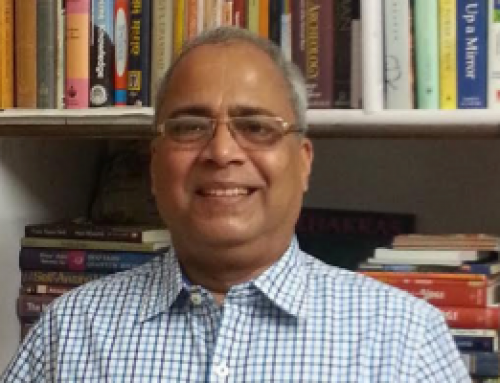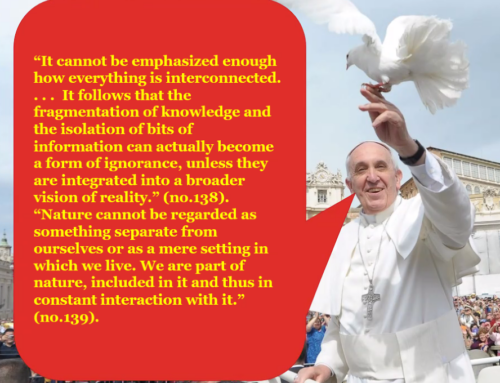A talk about Consciousness and how the new Life/Intelligence Symmetry theory discussed in previous talks provides the key to convincing solving both the so called Easy and Hard problems of Consciousness.
This talk presents a compelling resolution to the so-called ‘hard problem’ which relates to the puzzle of explaining the nature and existence of ‘qualia’ or first person subjective experience, as opposed to the ‘easy problem’ which is about identifying the physical brain correlates of consciousness.
We believe that existing attempts to arrive at an explanation for consciousness and solve the hard problem, make little or no progress because thinkers in the field are generally working under the wrong set of assumptions. The hard problem is usually conceived as the problem of finding an explanation for how the physical brain gives rise to consciousness. This relies on the working assumption of ontological materialism, which is the idea that existence is primarily based on a physical material world, and therefore conscious subjective existence emerges from and depends on this substrate. However there has always existed an alternative viewpoint, that of ontological idealism, which supposes that it is consciousness, qualia or first person subjective reality that is really primarily existent.
This other perspective has largely been ignored in the so called ‘science’ of consciousness, which became established in recent times by, in particular, the yearly Science of Consciousness Conference, which began in 1994, supported by intellectual heavyweights such as Francis Crick of DNA fame, Sir Roger Penrose and top neuroscientist Christof Koch. However in 2017, the philosopher David Chalmers who defined the idea of a ‘hard’ vs ‘easy’ problem of consciousness, released a paper titled ‘Idealism and the mind body problem’, which set out a case for the idea that ontological idealism should at least be considered as a possibility, in relation to finding an answer to the hard problem. He describes a few difficulties with this approach, which we will resolve in the upcoming talk.

